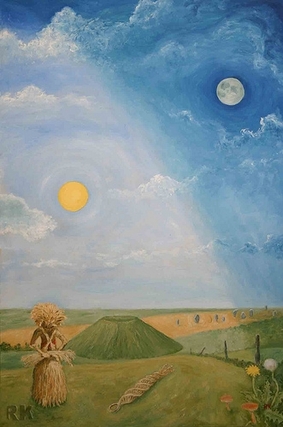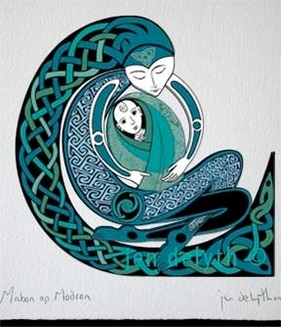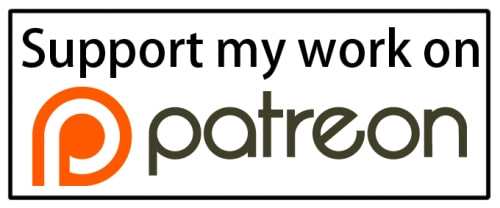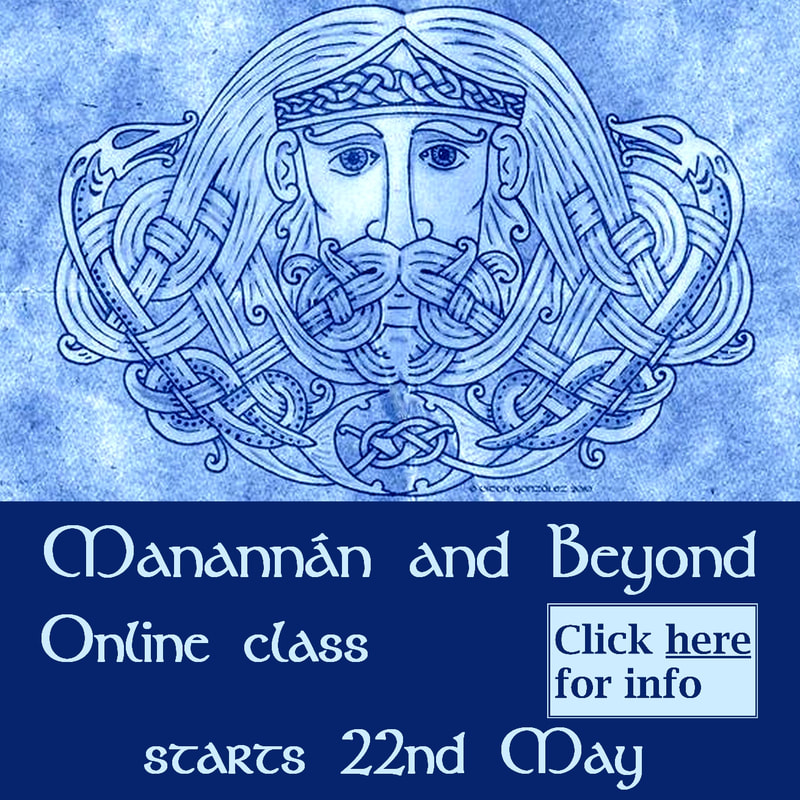
Autumn Equinox by Ric Kemp
|
Mabon is certainly not a word that Kelly simply coined. It is the name of a Welsh deity/mythological character Mabon ap Modron, which literally means "Son, son of Mother". However, there is nothing in the story of Mabon which has links to autumn or the balance between dark and light, etc. which really justifies relating him to this event. One occasionally sees tortuous attempts by modern writers to draw correspondences, but they always seem to me to be reaching very hard and not really succeeding. However, there is no doubt that the name has caught on in a big way, and I'm not interested in trying to stamp out its use. I would just like to raise awareness, that Mabon is the name of a deity, and hope that if people are going to throw that name around, then perhaps they could at least take a little time to learn who Mabon was and hear his story.
|
|
Modron is a shadowy figure, and all we are told is that she gave birth to her son Mabon, but when he was three days old he was taken from "between her and the wall", in other words abducted by some supernatural means. He had been a beautiful and precocious child - obviously one connected with the otherworld. The on ending of the two names also provides a clue that these are not mere mortals. Eventually, Mabon was found and rescued by Arthur (yes, that Arthur) as part of the fulfillment of a quest. You can read this tale, which is part of the longer story of Culhwch and Olwen in the Mabinogion. If you find it rather heavy going, you might prefer this gentle re-telling by Alison Lilly: The Tale of Mabon.
|

Mabon by Jen Delyth
|
Finally, my thanks to Brian Walsh for his excellent article Mabon - A God of Spring Misplaced.
Have a good one! Whatever you call it!
 RSS Feed
RSS Feed




